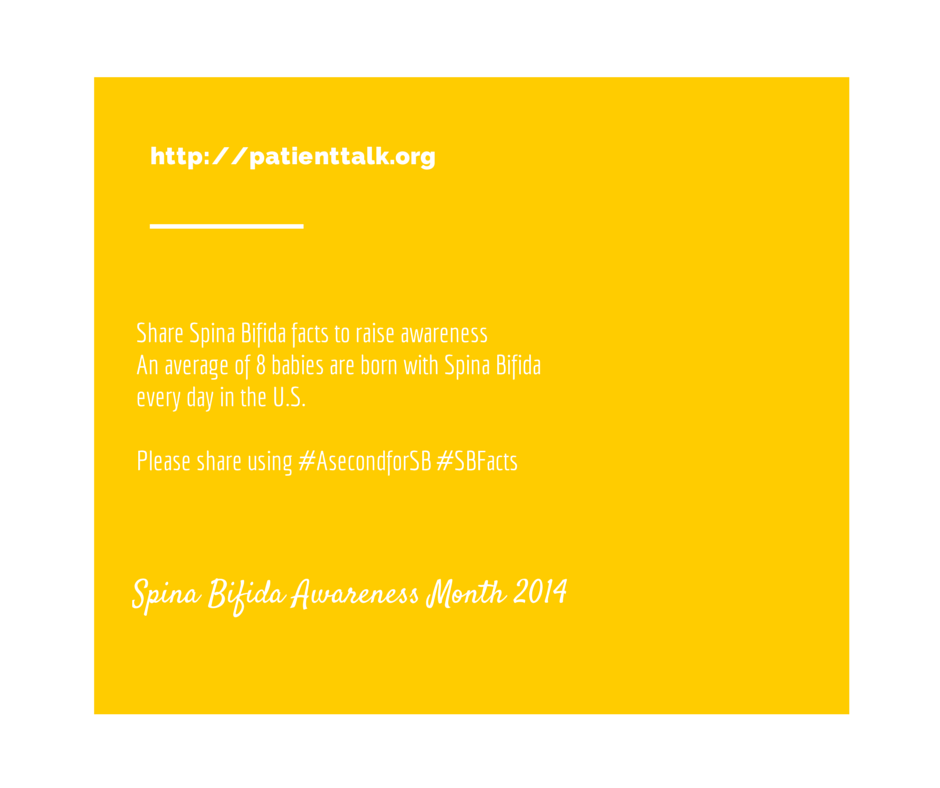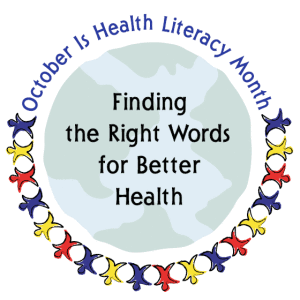So we are delighted to share this guest post from MindMetre Research which tells us more about a recent study the contacted in the UK looking at attitudes toward hospital provision and infection.
They share “How far would you go to avoid being treated in a hospital with a poor record for antibiotic-resistant Healthcare Associated Infections (HCAIs), or ‘superbugs’? The answer – “up to a hundred miles” – according to almost half of British citizens.
Latest research on the subject from MindMetre seeks to calibrate the likelihood of British citizens to insist on treatment at an alternative hospital if their local provider had a below average record of HCAI reduction, along with the distance they would be prepared to go to get treatment in a safer environment.
The findings from the MindMetre study were definitive and clear:
· 76% of citizens say that if they learned that their hospital was a low performer on HCAI reduction, they would insist their GP referred them to a hospital with a better record;
· 83% would be happy to travel 20 miles to be treated in a hospital with a better HCAI reduction record than their local hospital;
· 62% would be happy to travel 50 miles for treatment;
· And 48% would be happy to travel 100 miles in the same situation.
Paul Lindsell, Managing Director at MindMetre Research, comments, “In the new structure of the NHS, with acute clinical services commissioned by GP-managed Clinical Commissioning Groups (CCG), patient mobility has become a clear and present reality. Patients, in partnership with their GP, can choose to be treated at an Acute Trust of their choice, with the associated funds following the patient. CCGs are clearly charged with the mandate to improve patient outcomes, and so offering this level of patient choice is systemically built in to the new NHS structure.”
“Acute Trusts have done a great job addressing very specific HCAIs, notably MRSA and C.difficile, but there is a rising tide of other infections, and the problem needs to be addressed holistically.”
“This research note clearly demonstrates that Acute Trusts need to take their initiatives to reduce HCAIs even more seriously if they are to avoid patients opting to be treated at a hospital with a better record, with funds following the patient.” ”
Research Methodology
Fieldwork was conducted by MindMetre Research between May and July 2014, in person and via online questionnaires, amongst a nationally representative sample of 2,003 British citizens (age, gender, region, social class). Margin of error: – +/- 1.78%
About MindMetre
MindMetre, part of the Lindsell Marketing Group, is a leading consumer and business analyst. The organisation has been investigating trends in a number of fields and sectors since the late-1990s, including health & medicine, finance, central & local government and internet technology. Research programmes are regularly conducted across the globe, embracing geographies from the Americas to the Far East. In the healthcare sector, MindMetre is particularly known for its series on healthcare financing, beginning in the early 2000s. All MindMetre research activity strictly protects the privacy and confidentiality of respondents.


